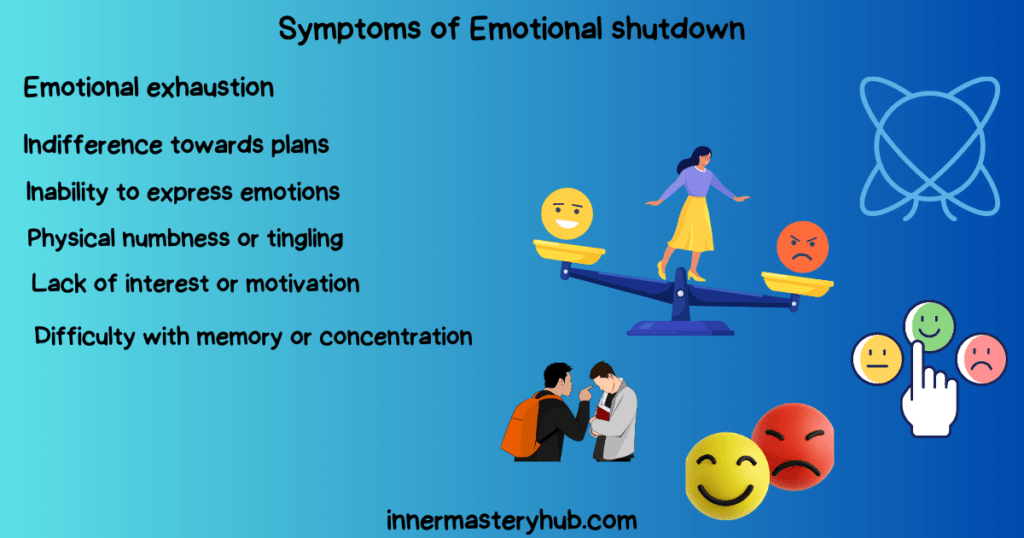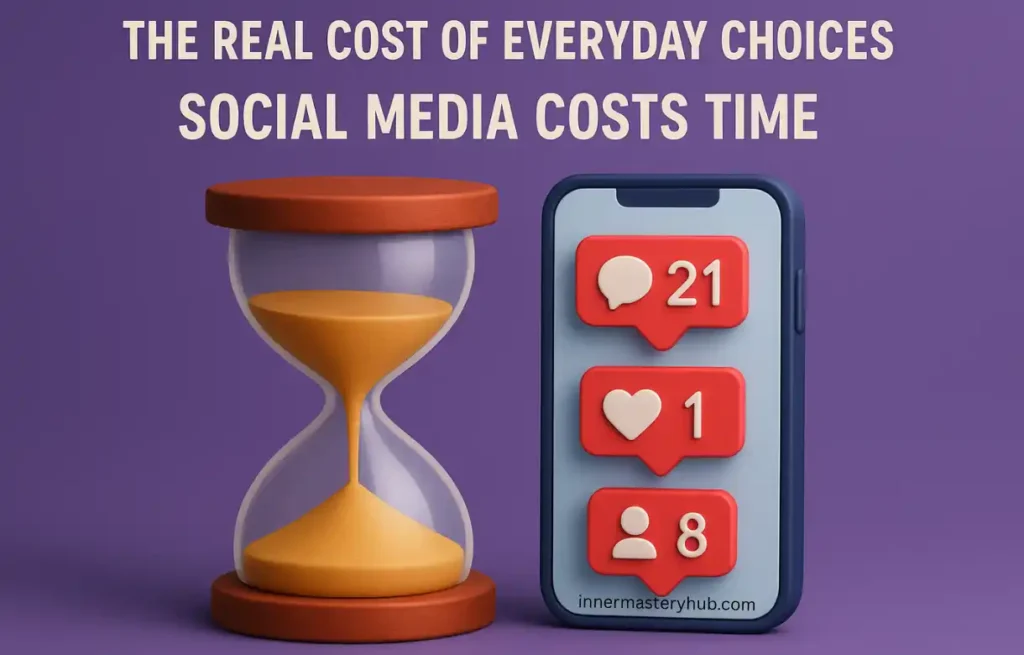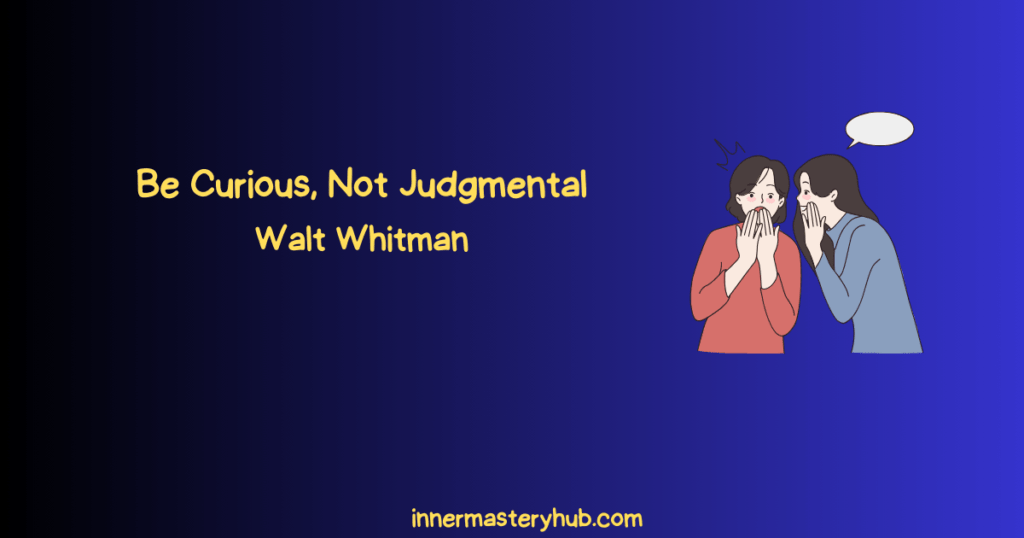How to Build Emotional Agility and Adapt to Life’s Shifting Moments

Life is unpredictable, and you often face challenges, uncertainties, and changes that test your emotional resilience. To Build emotional agility allows you to navigate these shifting moments with grace and confidence. This enables you to adapt to whatever comes your way.
Building Emotional agility means being able to adapt when dealing with tough feelings or challenging situations. It helps you choose your response carefully, rather than reacting without thinking.
In a world where rapid changes are the norm, emotional agility is essential for maintaining balance and inner peace. Whether dealing with personal transitions, career changes, or everyday stresses, building emotional agility can help you thrive in any situation.
How to Build Emotional Agility
At its core, emotional agility is about understanding and accepting your emotions without letting them control you. It’s about recognizing your emotional responses, healthily processing them, and making conscious decisions based on your values, not just your immediate feelings.
Rather than suppressing or ignoring difficult emotions, building emotional agility allows you to acknowledge them and then decide how to move forward. This skill benefits both your work life and your personal relationships.
A Forbes article mentions the writer’s experience with a hotel and how it impacted his perception of the brand. It started with a simple misunderstanding, but the front desk’s lack of empathy had a negative impact.
The same is true in personal life, too. For example, when faced with a setback in personal relationships, building emotional agility helps you assess the situation without being overwhelmed by anger. This ability to stay calm, present, and open to new perspectives is a skill that can be developed over time.
How to Build Emotional Agility in Professional Settings
For individuals working in emotionally demanding roles, the ability to remain calm and grounded is more than just a personal asset. For instance, a mental healthcare professional’s emotional agility can directly influence how effectively they support others.
Therapists, counselors, and psychiatric nurse practitioners often face emotionally intense situations that require these skills.
Therefore, those looking to enter these fields should pursue additional training through advanced courses. These courses can equip students with the necessary skills and knowledge to ensure the efficient resolution of their patients’ cases. For instance, Walsh University states that students in Psychiatric Mental Health Nurse Practitioner (PMHNP) programs can learn the following skills:
- Psychiatric assessment and intervention
- Advanced principles of psychopathology and psychopharmacology
- Therapeutic interventions
- Care of the psychiatric mental health patient in crisis
All these skills can help professionals understand their patients’ state of mind. This allows them to determine how their emotional agility influences their mental health and intervene appropriately. Thus, anyone looking to pursue this career should research PMHNP programs online to acquire the relevant skills and certifications before starting their journey.
Why building Emotional Agility is Crucial for Adapting to Change.
Change will happen no matter what, and your response plays a significant role in the outcome. People who build emotional agility tend to manage change-related stress more effectively. This is true whether it’s an unexpected career move, a change in personal circumstances, or an emotional setback.
Emotional agility enables you to shift your mindset, viewing challenges as opportunities for growth rather than insurmountable obstacles.
Adaptability is a key component of emotional agility. When life throws curveballs, those who possess emotional agility are not easily shaken. They can acknowledge the discomfort of the situation and then pivot to a solution-focused mindset. This flexibility fosters resilience, allowing you to recover more quickly from setbacks and maintain control over your emotional well-being.
Being adaptable can also help you professionally. As Business.com notes, being adaptable can offer you numerous benefits, such as:
- Your contributions at work will become more meaningful.
- You’ll notice growth in how you guide and support others.
- You’re likely to feel more content with the direction your life takes.
- You will be able to handle career transitions effectively
Practices to Develop Emotional Agility
Developing emotional agility doesn’t happen overnight; it’s a continuous practice that requires patience and self-compassion. One of the first steps is becoming aware of your emotional responses. When you feel overwhelmed, take a moment to pause and observe how you’re feeling. This mindfulness approach helps you identify the emotion at the core of your reaction, whether it’s fear, frustration, or excitement.
After recognizing how you feel, give yourself a moment before taking action. Rather than acting right away, pause and think through what makes the most sense. Taking that pause lets you act in line with your values and the bigger picture, not just your current mood.
Another helpful practice is reframing negative thoughts. Our emotions often arise from the way we interpret situations, and by shifting our perspective, we can change how we feel. For instance, if you view a difficult conversation as an opportunity to improve, you are more likely to approach it with curiosity and openness.
Frequently Asked Questions about building emotional agility
Can emotional agility help with decision-making under pressure?
Yes, emotional agility improves your ability to pause, assess your feelings, and make decisions based on what truly matters to you. This calm clarity is instrumental when you’re under pressure and need to think quickly without being overwhelmed by stress or fear.
Is building emotional agility the same as emotional intelligence?
Not exactly. While both are closely related, emotional intelligence generally refers to the ability to recognize and manage your own and others’ emotions. Emotional agility focuses more on how you deal with your inner emotional experience —acknowledging it and making thoughtful choices.
How is building emotional agility different from emotional regulation or emotional intelligence?
Emotional intelligence is about understanding emotions (yours and others’). Emotional regulation is the process of controlling or suppressing emotions. Emotional agility goes further: it’s about working with your feelings, learning from them, and using them to guide wise action.
Why does building emotional agility matter?
It helps you adapt to change, respond to life’s challenges more constructively, reduce the risk of being “hooked” by your emotions, and align your actions with your core values.






